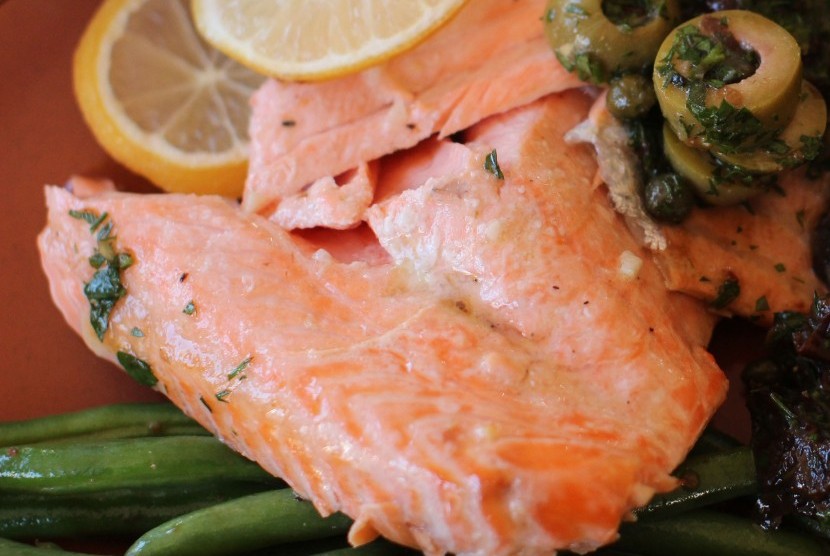It is feared that the presence of the corona virus in frozen salmon is a source of international transmission.
REPUBLIKA.CO.ID, JAKARTA – A Chinese research team found that the corona virus, which causes the Covid-19 disease, can last more than a week on the surface of frozen fresh salmon. The implication, salmon can be a source of international transmission.
By conducting experiments, the research team found that the virus was still contagious even though the salmon had been stored for eight days at four degrees Celsius. Whereas at 25 degrees Celsius, aka ordinary room temperature, the virus can last for two days.
Citing reports South China Morning Post, Wednesday (9/9), stated that salmon is usually stored at a temperature of four degrees Celsius when in markets, restaurants, and during transportation. The age of the virus has increased by six days.
High-quality salmon can be moved around the world in a matter of days. For example, the Chilean fishing authority said last year they sent salmon to Shanghai in just two and a half days. China is known to import between 40 thousand and 100 thousand tons of fish per year before the Covid-19 pandemic.
“Under such conditions, contaminated fish (corona virus) from one country can easily be transported to another country within one week, thus becoming a source of international transmission,” said Dr Dai Manman, leader of the research team, in a paper that has not been peer reviewed as published in biorxiv.org on Monday (7/9).
Manman also suggested that a strict inspection be carried out before carrying out the fish import-export process. “These findings encourage strict inspection or detection of (coronavirus) as an important new protocol in fish import and export before allowing sales,” he said.
The research was supervised by Fudan University virologist Jiang Shibo, editorial consultant for the journal The Lancet. Professor Liao Ming, director of the animal disease prevention and control laboratory at the Ministry of Agriculture, was also a co-author of the study.
– .


